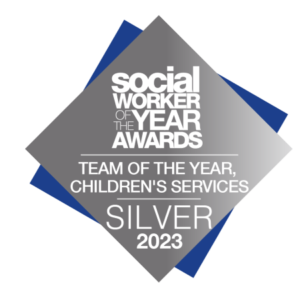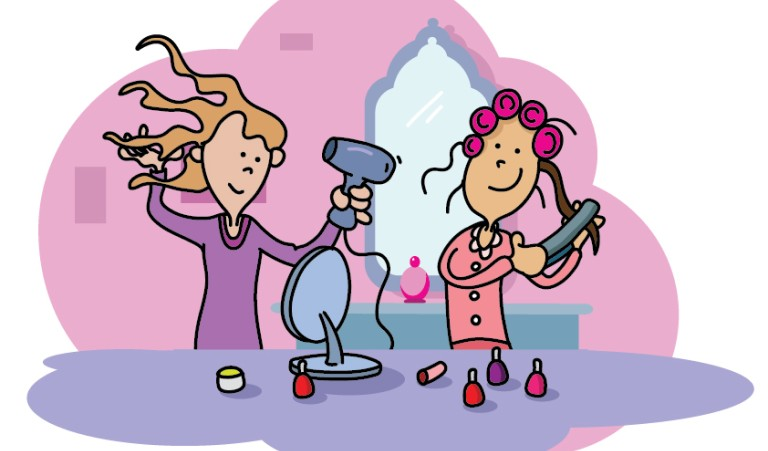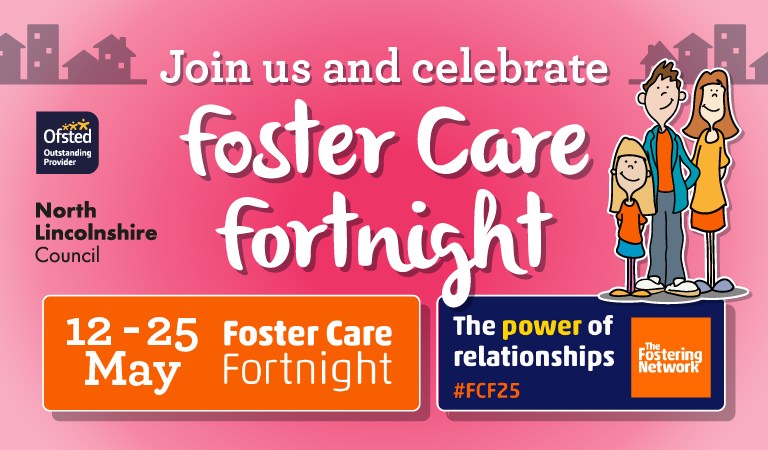What is Kinship care?
Sometimes, children are cared for by family members, friends or other people known to them. This is called Kinship Care. A Kinship Care arrangement happens when parents are unable to care for their children, or where they feel it is in the best interests of the child. This could be temporary or longer term. A Kinship Carer might be a grandparent, an aunt or uncle or a family friend. You might also hear the term Connected Person or Family and Friends Carer.
Kinship care arrangements allow children and young people who can’t live with their parents to live with people who know them already, rather than come into the care system.
Types of kinship care
Informal Family Arrangement
Kinship care can be informal arrangements made by parents without any involvement from the local authority or family courts. This might be a step-parent, grandparent, sibling, aunt or uncle.
Private Fostering
A private fostering arrangement is where a child is under the age of 16 (or 18 if disabled) and is living with a friend or an extended family member (rather than a close family member like an aunt, uncle or grandparent) for more than 28 days.
Child Arrangements Order and Special Guardianship Order
These are legal decisions formalised through a court process about who a child lives with when circumstances have been determined that it is not appropriate for them to live with a parent. An assessment will be completed and presented to the court so a decision can be made. The court might decide for the child to live with a family member or friend.
Connected Person Foster Care
When a child is formally looked after by the local authority, a connected person foster carer is a family member or friend who the child is living with. We will complete an assessment to ensure you are the right person to care for the child, and part of this assessment will be determining what support you might need to do so.
Support and Training for Kinship Carers
Depending on the type of Kinship Carer you are, you will be entitled to support from us as your Local Authority. This might include:
- Accessing support in the community at your local family hub
- Financial support
- Access therapeutic services via the Adoption and Special Guardianship Support Fund
- Your own allocated social worker or support worker
- Access to training
- Local peer support groups
- Social groups for your children
- Social events for children and families
If you think you might be a kinship carer, or want to find out more about the support on offer, please contact us on 01724297024
You can also get advice and connect with other Kinship Carers through:





